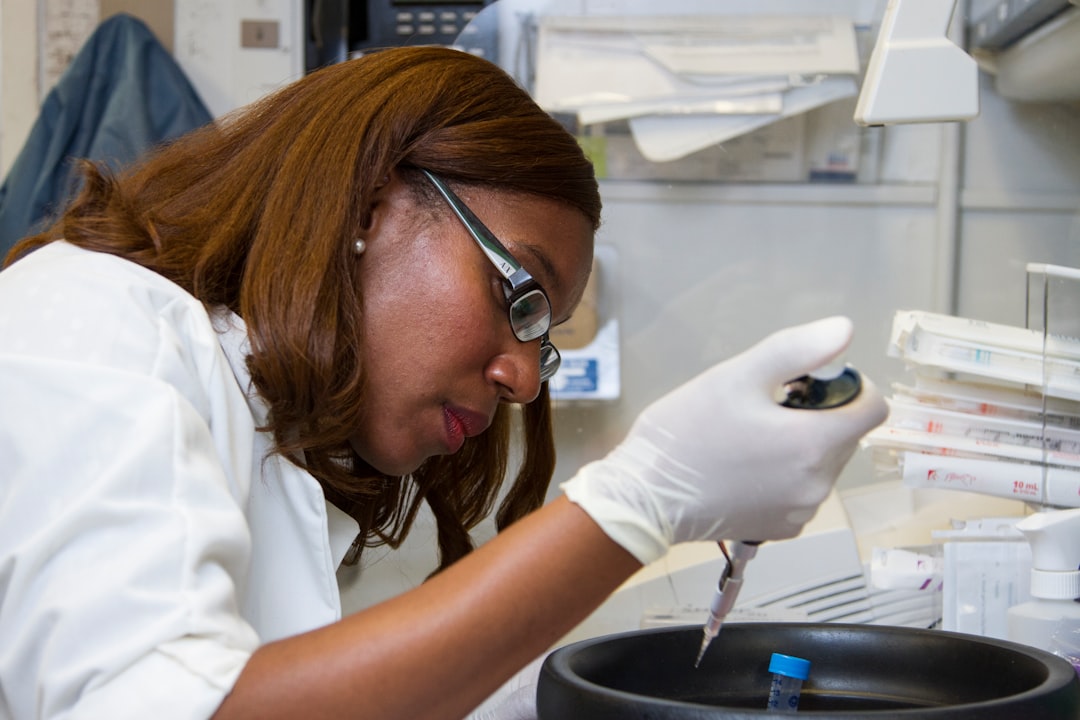What is it about?
A randomized controlled trial (RCT) testing an intervention to reduce infectious disease transmission can provide high-quality scientific evidence about the impact of that intervention in a specific context, but the results are often difficult to generalize to other policy-relevant contexts and conditions (e.g., different populations, interventions, or disease burdens). Infectious disease transmission models can be used to explore what might happen to disease dynamics under different conditions, but the standard use of these models is to fit to longitudinal, surveillance data, which is rarely collected by RCTs. We developed a framework to fit an infectious disease model to steady-state diarrheal prevalence data in water, sanitation, and hygiene RCTs, explicitly accounting for completeness, coverage, compliance, and other factors.
Featured Image

Photo by Rahabi Khan on Unsplash
Why is it important?
By leveraging existing large-scale trial data sets, it will be possible to better understand the underlying disease epidemiology and investigate the likely outcomes of policy-relevant scenarios. Ultimately, this work can be incorporated into decision making for public health policy and programs. Although this framework is developed with water, sanitation, and hygiene interventions for diarrheal disease pathogens in mind, it could be extended to other disease contexts.
Read the Original
This page is a summary of: Leveraging infectious disease models to interpret randomized controlled trials: Controlling enteric pathogen transmission through water, sanitation, and hygiene interventions, PLoS Computational Biology, December 2022, PLOS,
DOI: 10.1371/journal.pcbi.1010748.
You can read the full text:
Contributors
The following have contributed to this page










